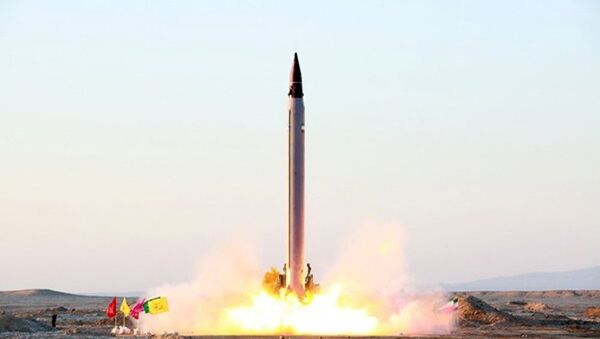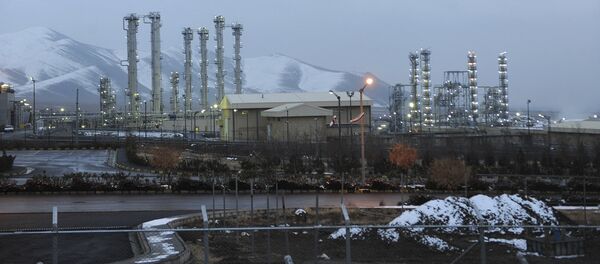"The missiles may continue to fly, but we have made it a lot harder to put a nuclear payload on those missiles," Mull said at a US Senate Foreign Relations Committee hearing on the Iran nuclear agreement.
On July 14, Iran and the P5+1 group of countries comprising the United States, Russia, China, France and the United Kingdom plus Germany, signed the Joint Comprehensive Plan of Action (JCPOA). The agreement guarantees the peaceful nature of Iran's nuclear program in exchange for sanctions relief.
"We note that missile tests, such as the October launch reported to the UN, are not a violation of the JCPOA," Assistant Secretary Thomas Countryman said during the Senate hearing.
On Tuesday, the White House announced that the United States may take steps against Iran, including imposing sanctions, if security officials determine such action is needed after Tehran reportedly tested a ballistic missile in violation of a UN Security Council resolution.




